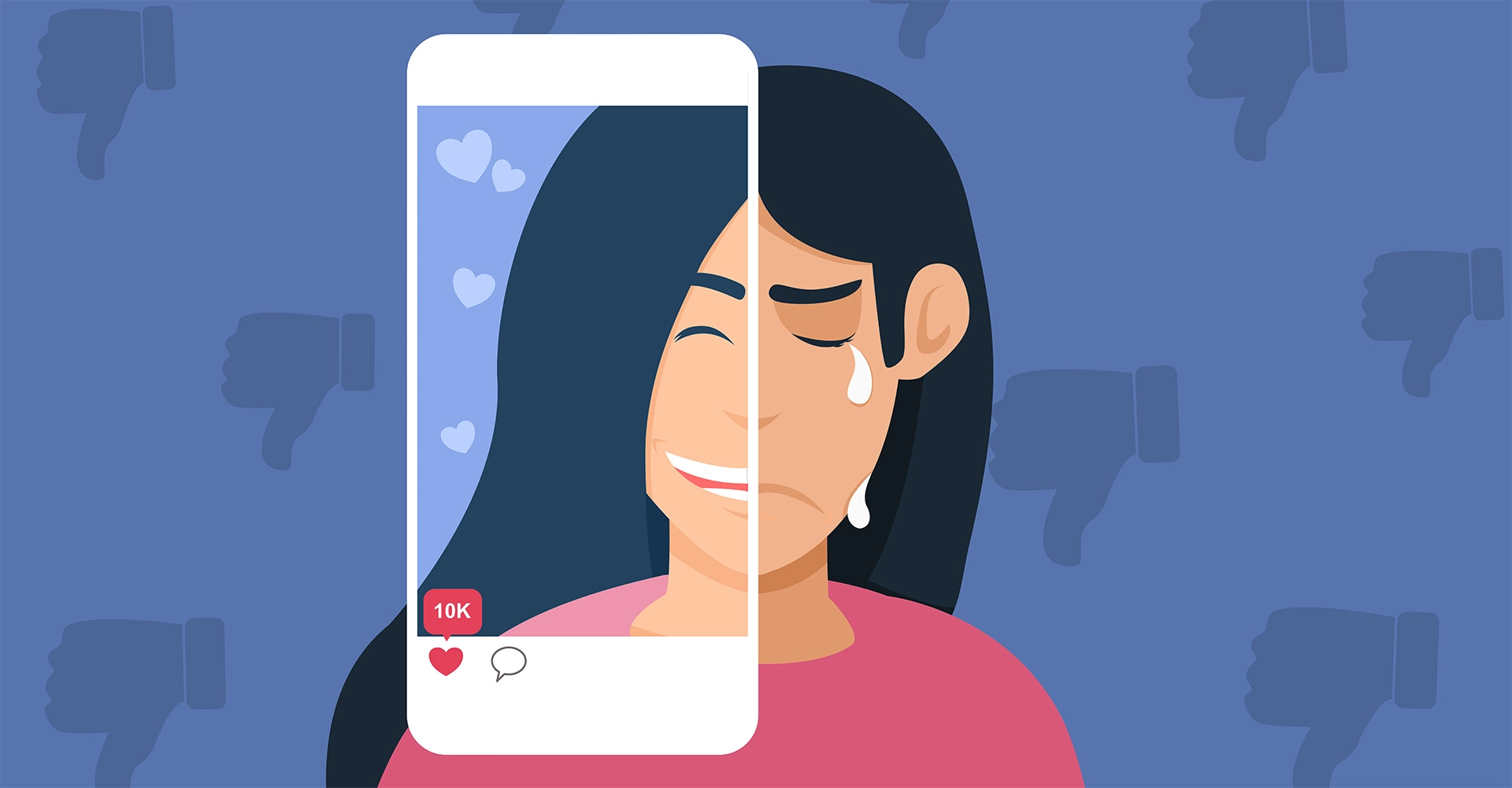
The Impact of Social Media on Mental Health: Exploring the Benefits and Risks
By Adedayo Oyetoke, Published on: May 18th 2023 4 min, 634 word Views: 1722
In today's digital age, social media has become an integral part of our daily lives. With the click of a button, we can connect with friends, share our thoughts, and access a wealth of information. However, as social media continues to grow in popularity, concerns about its impact on mental health have also emerged. In this blog post, we will delve into the potential benefits and risks associated with social media use, and discuss strategies for maintaining a healthy balance in our digital lives.
The Benefits of Social Media
1. Connection and Social Support
One of the most significant benefits of social media is its ability to connect people from all over the world. This can be particularly valuable for individuals who may feel isolated due to geographical location, physical disabilities, or social anxiety. Social media platforms provide a space for individuals to build relationships, share experiences, and offer support to one another.
2. Access to Information and Resources
Social media platforms can serve as a valuable source of information and resources related to mental health. Users can access articles, videos, and podcasts that provide education, coping strategies, and inspiration for personal growth. Additionally, many mental health professionals and organizations maintain a presence on social media, offering guidance and support to those in need.
3. Self-Expression and Creativity
Social media provides a platform for individuals to express themselves creatively and share their interests with others. This can be a powerful tool for self-discovery and personal growth, as well as a means of connecting with like-minded individuals.
The Risks of Social Media
1. Comparison and Low Self-Esteem
One of the most significant risks associated with social media use is the tendency to compare ourselves to others. As we scroll through our feeds, we are bombarded with images of seemingly perfect lives, which can lead to feelings of inadequacy and low self-esteem. This phenomenon, known as "social comparison," can contribute to negative mental health outcomes, such as depression and anxiety.
2. Cyberbullying and Harassment
Unfortunately, social media can also be a breeding ground for cyberbullying and harassment. The anonymity provided by the internet can embolden individuals to engage in hurtful and harmful behaviors, which can have severe consequences for the mental health of those targeted.
3. Fear of Missing Out (FOMO)
The constant stream of updates and notifications on social media can lead to a fear of missing out (FOMO) on important events or experiences. This can result in feelings of anxiety and dissatisfaction, as well as a compulsion to constantly check social media platforms to stay "in the loop."
4. Sleep Disruption
Excessive social media use, particularly in the evening, can interfere with healthy sleep patterns. The blue light emitted by screens can suppress the production of melatonin, a hormone that regulates sleep, leading to difficulty falling asleep and poor sleep quality.
Strategies for Maintaining a Healthy Balance
1. Set Boundaries
Establishing boundaries around social media use can help mitigate its potential negative effects on mental health. This may include setting specific times for social media use, limiting the number of platforms used, or taking regular breaks from social media altogether.
2. Cultivate Mindfulness
Practicing mindfulness can help individuals become more aware of their thoughts and feelings while using social media. This awareness can help users recognize when social media use is contributing to negative emotions and make conscious decisions to disengage when necessary.
3. Engage in Positive Online Communities
Seeking out positive online communities that promote mental health and well-being can help counteract some of the negative aspects of social media. These communities can provide support, encouragement, and valuable resources for personal growth.
Conclusion
While social media offers numerous benefits, it is essential to be aware of the potential risks to our mental health. By setting boundaries, practicing mindfulness, and engaging in positive online communities, we can harness the power of social media for connection and personal growth while minimizing its potential negative effects.
